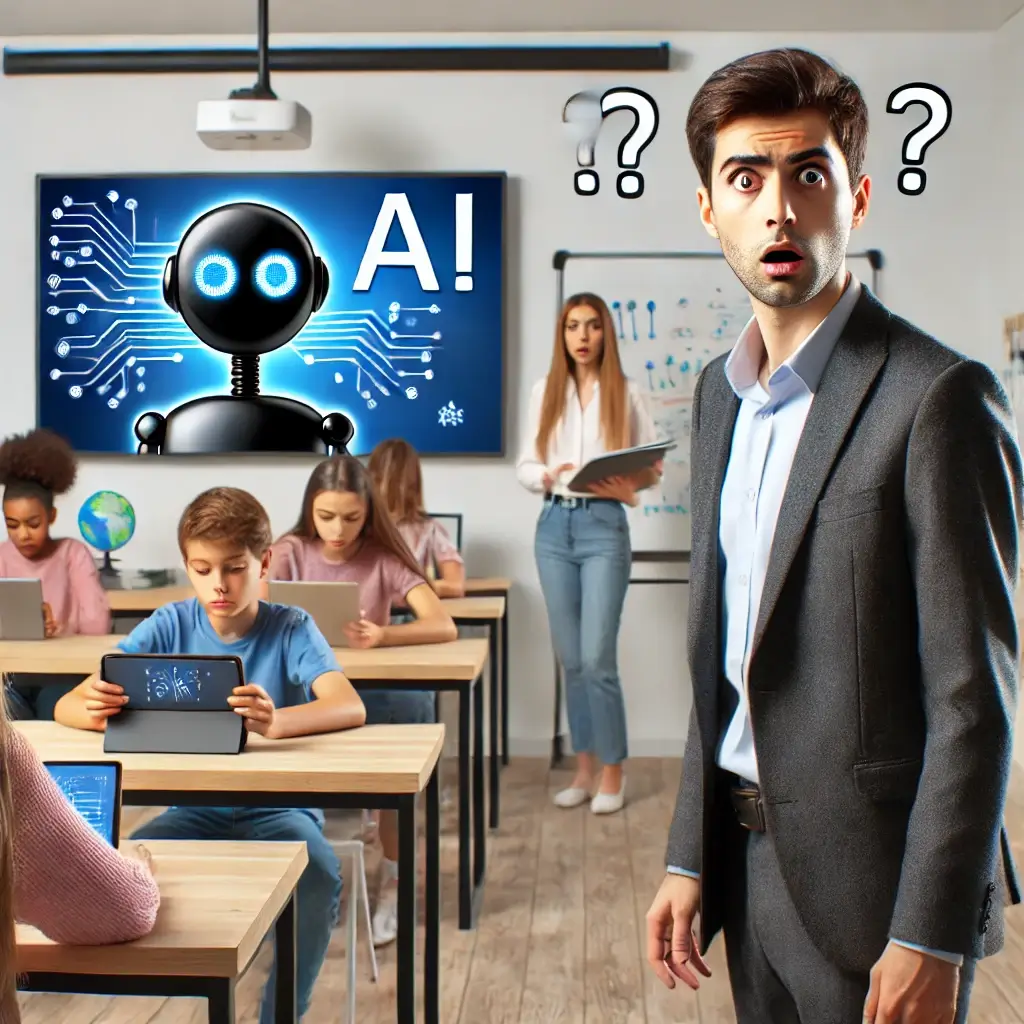
Imagine a world where your child’s homework isn’t just checked by a teacher but instantly reviewed by an AI, providing tailored feedback before the teacher even sees it. Or picture a classroom where an AI helps a student struggling with reading by adapting the lesson in real-time, making learning truly personal. These scenarios aren’t futuristic dreams—they’re happening right now, and the adoption of AI in education has surged dramatically. In fact, the number of teachers using generative AI tools, like ChatGPT, to simplify tasks such as grading and lesson planning has almost doubled this year.
The rapid growth in AI’s use in classrooms offers both opportunities and challenges. On one hand, AI tools are saving educators valuable time by automating repetitive tasks and allowing them to focus more on teaching and mentoring students. These tools can even detect AI-generated work in student submissions, adding a layer of integrity to digital assignments. However, as AI becomes more prevalent, it raises questions: Will AI take over key teaching roles? Are we ready to trust algorithms with the nuances of education, such as understanding a student’s emotional struggles or unique learning style?
While there’s excitement about how AI can revolutionize the classroom, there’s also a pressing need to strike a balance between technology and the human touch. The challenge for educational institutions is to integrate AI in a way that enhances learning without sidelining the crucial role of educators. The Future Store can play a key role here by offering smartboard solutions that support AI-driven educational tools, enabling schools to embrace the future while keeping teachers at the center of the learning process.
While there’s excitement about how AI can revolutionize the classroom, there’s also a pressing need to strike a balance between technology and the human touch. The challenge for educational institutions is to integrate AI in a way that enhances learning without sidelining the crucial role of educators. The Future Store can play a key role here by offering smartboard solutions that support AI-driven educational tools, enabling schools to embrace the future while keeping teachers at the center of the learning process.
This shift isn’t just about staying current; it’s about transforming education to meet the needs of the 21st-century learner. As AI’s capabilities grow, so too will its impact on how students are taught, assessed, and supported.
